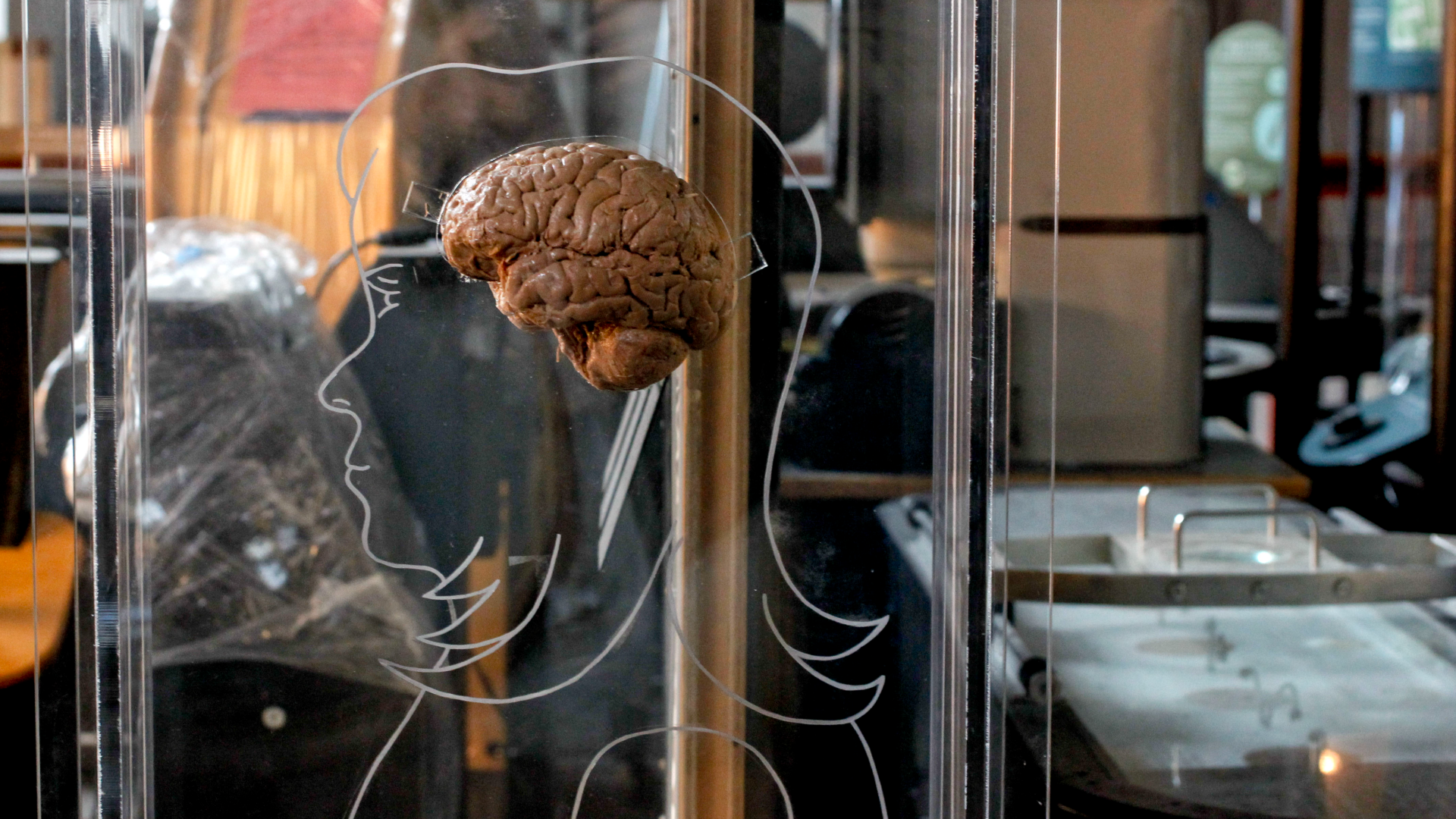Science Explains Why Your Mom Calls You by Your Brother's Name

Get the world’s most fascinating discoveries delivered straight to your inbox.
You are now subscribed
Your newsletter sign-up was successful
Want to add more newsletters?
Join the club
Get full access to premium articles, exclusive features and a growing list of member rewards.
The next time your mom calls you by your brother's name (or even your dog's name), don't be offended — she's probably not doing it because she thinks you look like him, a new study finds.
Such "misnamings," or when a person calls someone else by the wrong name, occur frequently, according to the study. But the incorrect names aren't chosen at random. Rather, they tend to follow certain patterns, according to the study, which was published April 22 in the journal Memory & Cognition.
When people call someone by the wrong name, they tend to call that person by the name of someone in the same social group, the researchers found. Or, they'll call someone by a name that sounds similar, according to the study. Physical appearance, however, was less influential in misnaming, the study found. [Why You Forget: 5 Strange Facts About Memory]
For the study, the researchers carried out five surveys of more than 1,700 people. They included participants who had reported either being called by the wrong name or who had misnamed someone else. In all instances, the participants in the study knew the person they were misnaming well, or were misnamed by someone they knew well.
The incorrect name often came from the same social group, the researchers found. For example, family members called other family members by a wrong name belonging to another family member, the researchers wrote. So, your mom might call you by all of your siblings' names before she gets around to your actual name. Similarly, friends may call each other by the name of another friend in the group, according to the study.
Misnaming is "a cognitive mistake we make, which reveals something about who we consider to be in our group," David Rubin, a professor of psychology and neuroscience at Duke University and the senior author on the study, said in a statement. (So, when your mom calls you by the dog's name, it just goes to show that she really does consider Fido to be part of the family.)
Similar-sounding names were also frequently mixed-up, the researchers found. For example, a person may call Mitchell by the name Michael, because the names sound similar.
Get the world’s most fascinating discoveries delivered straight to your inbox.
Notably, the physical appearance of a person was less of a factor in causing people to say the wrong name, the researchers found.
Nor did aging appear to influence people's tendency to misname others, the researchers found. In the study, they surveyed undergraduate students as well as older individuals, and found that misnamings occurred just as often in the undergraduate group. [Most Popular Baby Names in History]
But the researchers didn't limit the study to humans — pet names were also included in the surveys. In 42 instances, a participant reported that he or she had either been called a pet's name or called someone else by the name of a pet. In all of the cases except one, the pet's name was substituted for the name of a family member, the researchers wrote.
Notably, calling a family member by the pet dog's name was much more common than calling a family member by the name of the cat, suggesting that dogs are grouped with other family members more than other pets, the researchers wrote.
Of course, there may be a simpler way to explain this phenomenon.
"Dogs will respond to their names much more than cats, so those names are used more often," Samantha Deffler, a Ph.D. student at Duke and the lead author on the study, said in a statement. "Perhaps because of that, the dog's name seems to become more integrated with people's conceptions of their families," she said.
Follow Sara G. Miller on Twitter @saragmiller. Follow Live Science @livescience, Facebook & Google+. Originally published on Live Science.

 Live Science Plus
Live Science Plus










